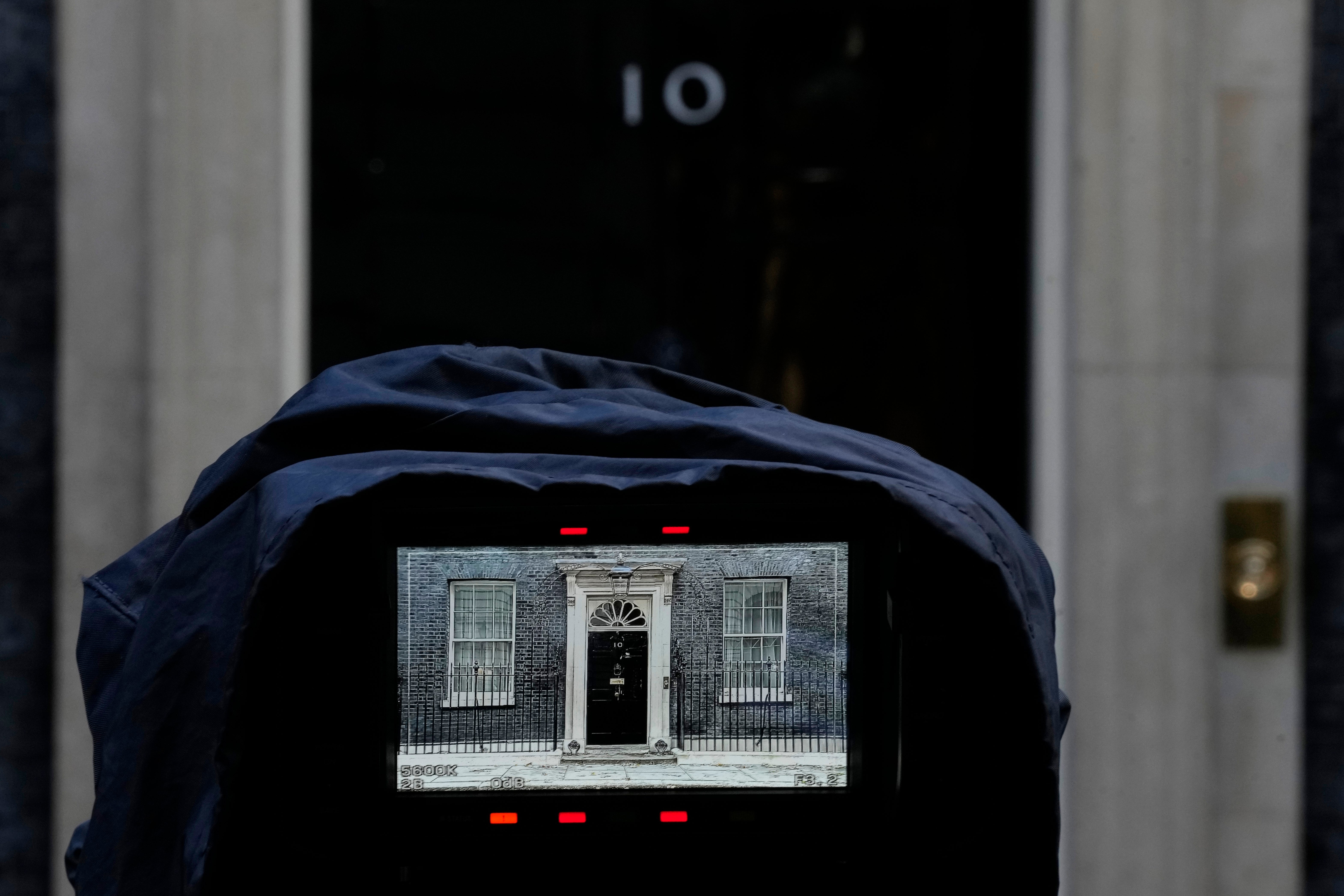Rishi Sunak faces a terrible in-tray as he becomes prime minister
From Northern Ireland to the Budget, there are banana skins everywhere for the new PM, writes Alastair Jamieson


Rishi Sunak now faces a substantially worse set of challenges than he would have done if he had won the summer leadership contest in the first place.
On top of the global and political challenges, he needs to clean up the political mess left by the brief but disastrous premiership of Liz Truss, starting with a likely “Rishuffle” of some government roles.
He has very little time. Jeremy Hunt’s proper Budget, to address the crisis caused by the Kwarteng mini-Budget, is on Monday and it is less than one month until the G20 summit in Bali, Indonesia, and the subsequent Cop27 in Sharm El-Sheikh, Egypt.
At home, inflation is running at a 40-year high of 10.1 per cent according to the latest consumer prices index figures, causing a significant squeeze on household finances. The energy support package put in place by Ms Truss will help to ease the pressure on bills and should prevent inflation reaching the peaks that had been predicted, but Sunak will need to decide what help will be on offer beyond April.
The new Conservative Party leader will also have to reassure the financial markets – after sterling and the price of government bonds saw wild fluctuations – by convincing the City and voters that he has a plan to bring Britain out of recession. He must also decide whether to continue with Suella Braverman’s plan, backed by Liz Truss, to outlaw rail strikes – a policy somewhat at odds with government advice to seek better-paid work. Wage disputes have already hit the transport networks and further action could be taken by public sector workers, including nurses, teachers and civil servants.
Inflation pressures may ease in the event of a mild winter, potentially limiting the extent of the economic crisis, but there will still need to be rapid redevelopment of alternative energy sources as the “net zero emissions by 2050” target looms and Mr Sunak might be less inclined than Ms Truss to risk alienating voters by pushing hard for fracking.
In Ukraine, the shift in Russian tactics towards targeting civilian infrastructure and city centres has underlined the enduring threat posed by Vladimir Putin. The risk of a nuclear escalation is being taken seriously in the west and the risk of an accidental spark triggering a wider confrontation was underlined when a missile was released in error by a Russian jet near an RAF fighter over the Black Sea.
Back at home, Sunak will also have to pick up where he left off when last in government, in tackling the crisis in social care and the NHS.
Covid-accentuated backlogs, record waiting periods in A&E, and unprecedented pressures on ambulance services are just some of the challenges in the NHS in England.
In addition to a looming political storm over the Northern Ireland Protocol Bill, which faces fierce opposition in the House of Lords, there is also the prospect of fresh elections in Northern Ireland if the DUP maintains its opposition to joining a powersharing executive at Stormont by Friday. The DUP is refusing to nominate ministers to form a new executive until the Westminster government takes decisive action regarding the protocol.
On immigration, Sunak will have to decide where he stands on calls for more migrant workers to be given visas amid widespread labour shortages. This was reportedly the cause of a row between Truss and Braverman that precipitated the latter’s resignation last week, fatally wounding the Truss premiership. Truss placed the need for growth, and thus demand for labour, above the political need to be tough on immigration. Sunak might take the same approach, but he will want to avoid sending a message that Britain needs a larger labour force at a time when the number of people risking the dangerous crossing of the English Channel has already hit more than 38,000 this year – around 10,000 more than in the entirety of 2021.
Finally, if he is to attempt to keep the Conservatives in power until 2024, he will need to unite a party so divided that it couldn’t risk letting members choose a leader again, let alone identifying a positive platform for the next election beyond simple survival.
This will be no easy task given the number of senior figures, including foreign secretary James Cleverly and business minister Jacob Rees-Mogg, who publicly advocated the return of Boris Johnson.






Join our commenting forum
Join thought-provoking conversations, follow other Independent readers and see their replies
Comments